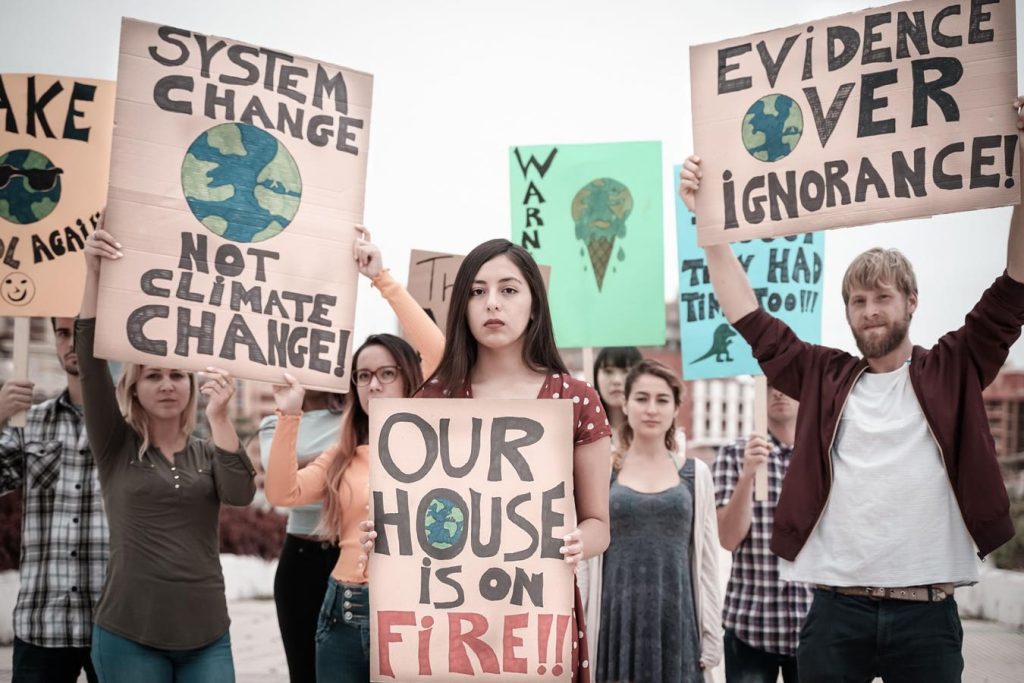The Council on Environmental Quality has finalized its Phase II rule under the National Environmental Policy Act, claiming it will reform, simplify, and modernize the federal environmental review process. However, a closer look at the rule reveals that it may actually slow down energy and infrastructure projects rather than speed them up. The rule adds new climate change analysis requirements and elevates environmental justice to a foundational principle of NEPA, potentially causing delays and increased costs for project developers.
One controversial aspect of the rule is its apparent bias towards renewable energy projects, directing agencies to identify environmentally preferable alternatives, potentially fast-tracking these projects. This preferential treatment could distort markets and undermine fair competition. While the White House claims the rule will speed up permitting and provide more certainty for project sponsors, it only applies to select projects, raising questions about its overall impact.
The rule creates new methods for agencies to establish categorical exclusions, speeding up environmental reviews. However, this may lead to an expanding patchwork of carve-outs for politically connected insiders. It also accelerates reviews for projects that include measures to mitigate adverse effects, potentially reshaping NEPA from a process-based statute to one focused on specific environmental objectives, a departure from historical interpretation.
The rule’s lack of alignment with the Fiscal Responsibility Act, passed last year to reduce regulatory burdens, is concerning. While the Phase II rule includes some limits on the production of environmental assessments and impact statements, it also includes requirements that deviate from the streamlining focus of the FRA. This discrepancy raises questions about the rule’s effectiveness in modernizing federal environmental review.
Senator Chuck Schumer has mentioned that a deal on permitting reform is unlikely, as Republicans are not in agreement with the transmission line reforms Democrats are pushing for. This could shift authority away from states to the Federal Energy Regulatory Commission, sparking debates about federalism and grid policy oversight. The NEPA Phase II rule represents a missed opportunity to update environmental review in a bipartisan manner consistent with the FRA, leaving businesses with added regulatory hurdles and uncertainty.


